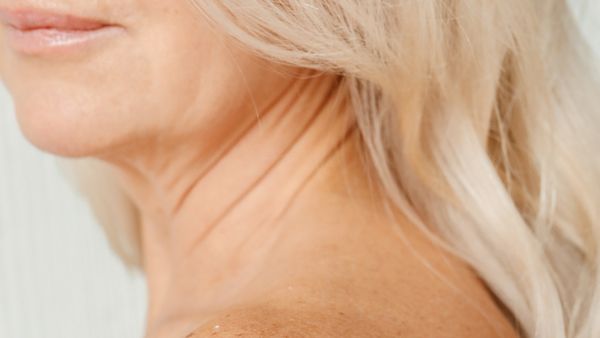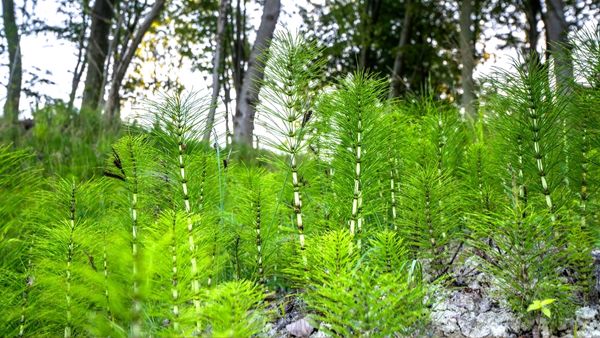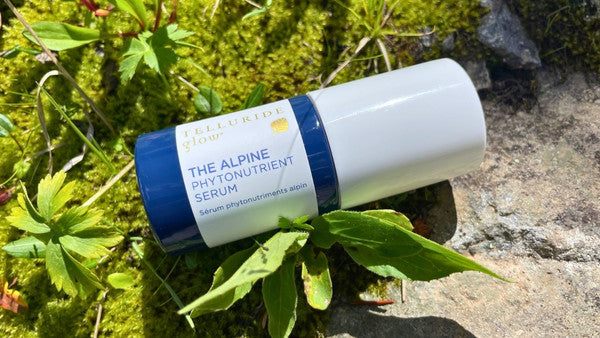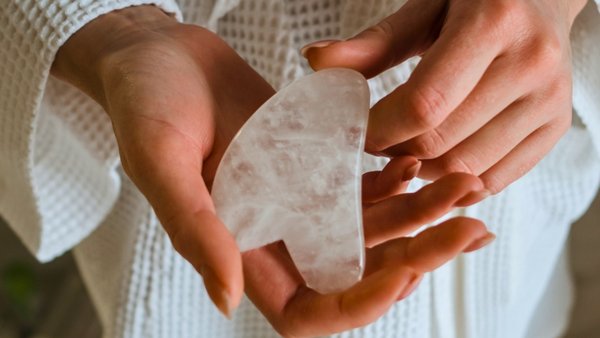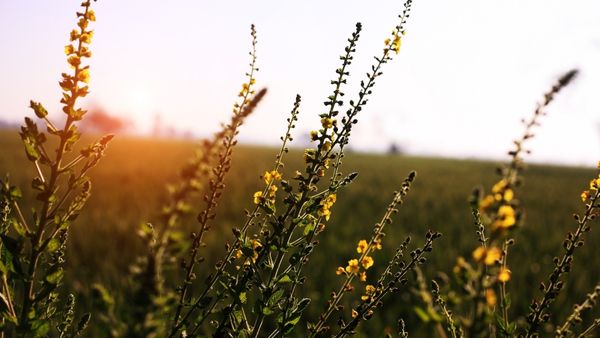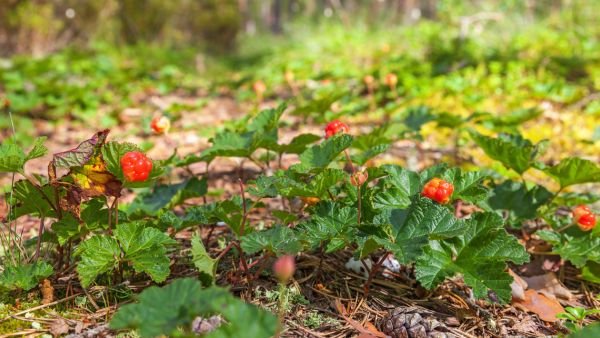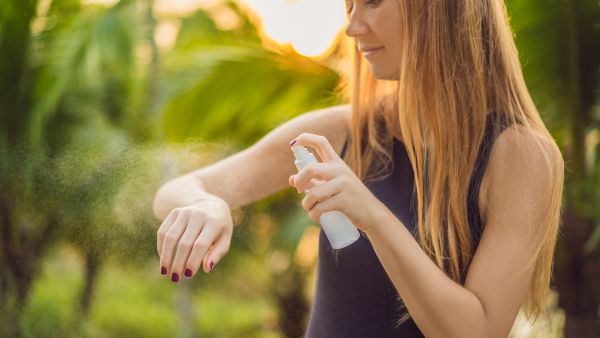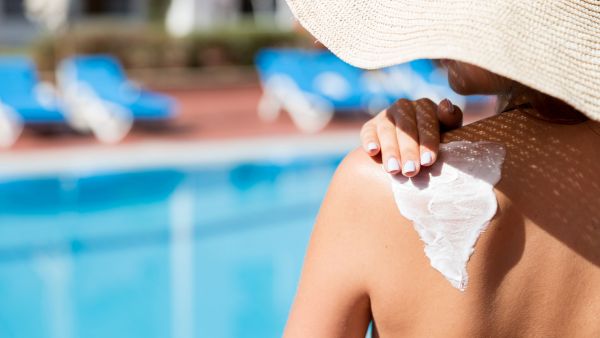Inflammaging - The Link Between Skin Health & Overall Well-being
It’s true, we all want a healthy glowing complexion. But maintaining skin health may be much more important to our overall well-being than we previously thought.
In a recent article published by the BBC entitled The Curious Ways Skin Shapes Your Health, researchers discuss the ways in which our skin health is actually a predictor of our internal health. This is a novel perspective since most of us have been taught that skin merely reflects our health and lifestyle. But the latest research is showing that skin actively contributes to our physical well-being. Surprisingly, the condition of our skin may dictate how we age rather than merely reflecting it.
How? Let’s start with a little historical perspective. Back in 1958, The Baltimore Longitudinal Study revolutionized our understanding of aging. Tracking thousands of participants over several decades, findings revealed a significant connection between youthful appearance and inner health. Notably, those who looked older than their age were more likely to face health complications and even premature death.
To date, researchers have used two main ways to measure age: chronological (based on birth date) and biological (reflecting our physical aging). Over time, environmental factors, primarily UV radiation, can significantly damage skin, accounting for over 80% of visible skin changes.
What’s more is that as we age, our body’s inflammatory response, meant to protect us, can overact, leading to what some researchers call “inflammaging” - a chronic type of inflammation associated with the aging process. Damaged skin adds to this inflammatory cycle by releasing a cascade of chemicals that further instigate inflammation, potentially affecting the health of other organs.
The BBC article explains how “The chemicals released by diseased and dysfunctional skin soon enter the bloodstream, where they wash around, damaging other tissues. Amid the ensuing systemic inflammation, chemicals from the skin can reach and harm organs that seem entirely unrelated, including your heart and brain. The result is accelerated aging, and a higher risk of developing the majority of – or possibly even all – related disorders. So far, aged or diseased skin has been linked to the onset of cardiovascular disease, type 2 diabetes and cognitive impairment, as well as Alzheimer's and Parkinson's disease.”

Inflammaging from UV exposure
Since UV radiation is the number one cause of inflammaging, the importance of sun protection can not be overstated. UVA rays in particular, penetrate deep below the surface of our skin, disrupting collagen synthesis and stimulating melanin production. The result is photoaged skin, evident through irregular pigmentation and wrinkles, irrespective of skin tone.
Protecting our skin with appropriate clothing, sunscreen, hats, sunglasses, and seeking shade at peak UV hours is imperative to maintaining our skin health.
But sun protection isn’t the only way to maintain healthy skin, keeping skin moisturized is a close second.
Inflammaging from dry skin
As we get older, our skin’s natural moisturizing factors, lipids, filaggrin, glycol, and sebum start to decline. Unfortunately, dry skin is significantly less effective at providing a barrier against infection, environmental toxins and allergens. But moisturizing can be a game-changer. Studies show that consistent moisturization not only helps to reduce skin inflammation by improving skin barrier health but might also stave off cognitive decline!
Whole-plant skin nutritives like phytoceramides, hyaluronic acid, and antioxidants can be beneficial to supporting optimal skin barrier function and preventing trans-epidermal water loss (TEWL).
A nutrient-rich serum like our Alpine Phytonutrient Serum can go a long way to replenish skin health by providing it with the nutrients it needs to function beautifully and ward off environmental aggressors.
Our skin is so much more than just a protective barrier between ourselves and the environment. It's a vast and active organ that plays a pivotal role in our overall health.
Continue reading
